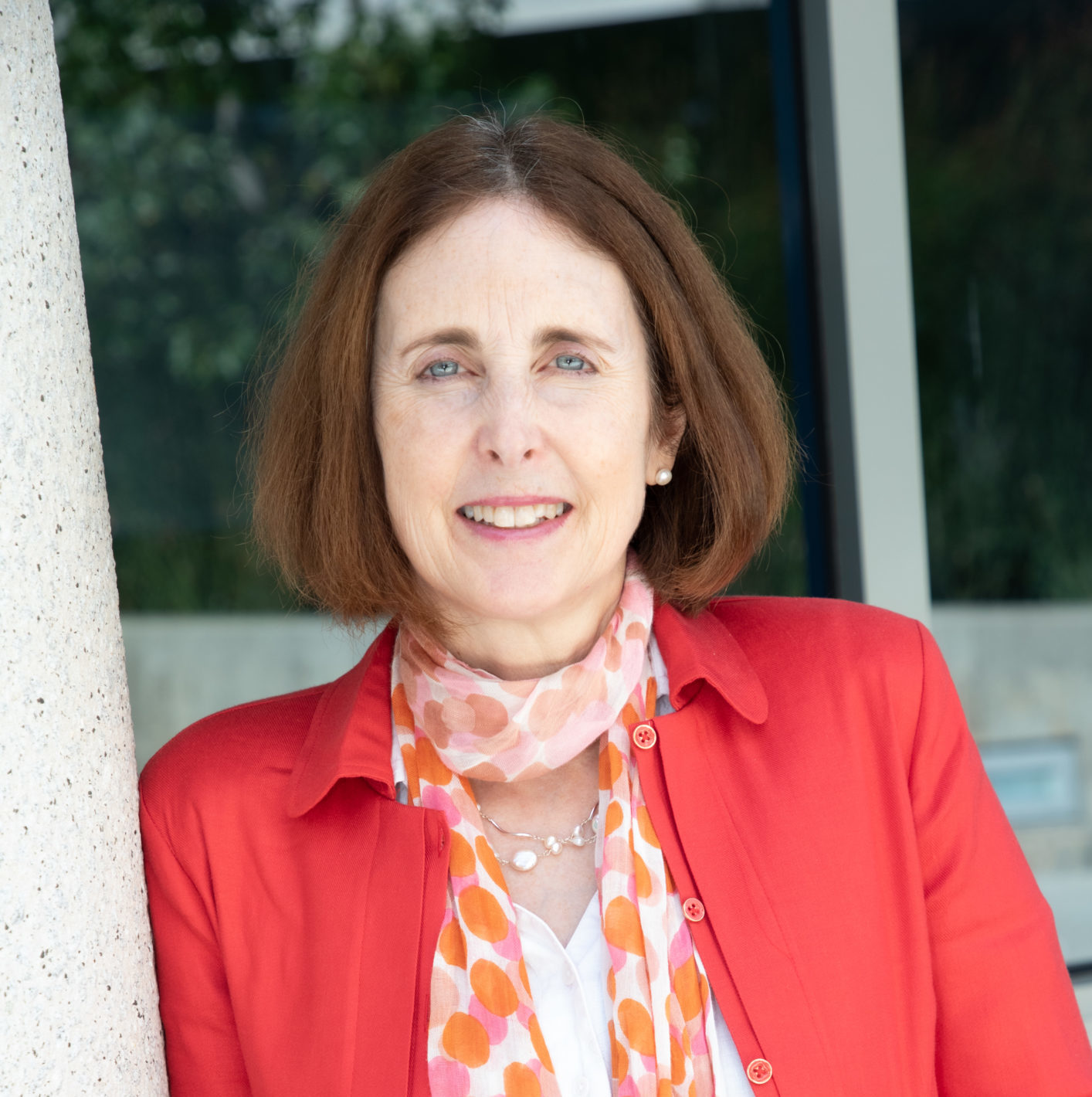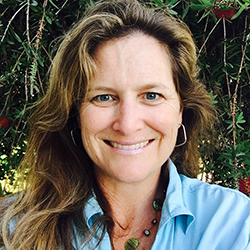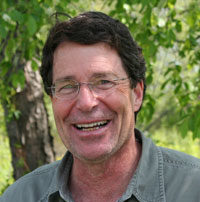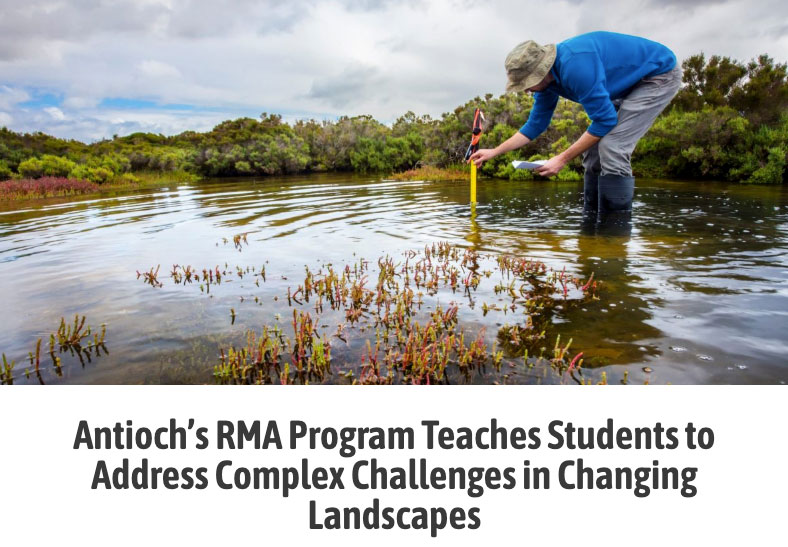Master of Science in Resource Management
International Sustainable Development & Climate Change
Lead the way to a sustainable, resilient, and equitable future.
Introducing the Master's program created for the next generation of resilience and sustainability leaders.
- Use the world as your classroom to identify and understand current global, regional, and community-scale sustainability challenges and solutions.
- Enhance your leadership to catalyze change & propel communities and organizations toward progressive sustainability goals and climate resilience
- Create effective solutions while exploring real-world challenges through economic, social justice, and environmental lenses
We've designed this program to educate the next generation of professionals who are ready to take action on the pressing challenges of a changing climate, biodiversity conservation, and sustainable consumption. It has a fierce focus on social justice and real results. You can now enter this program during any semester: summer, fall, or spring. In addition, now, with just 30 credits, you can complete your master's degree while maintaining a work-life balance and fostering personal resilience.
This degree is offered by Antioch University's New England Campus.
Program Overview
In partnership with The GREEN Program, this innovative graduate program combines an intensive curriculum, online course delivery, and The GREEN Program's award-winning immersive experiences abroad. Get ready to bring the textbook to life and travel to three of our world's top destinations to experience sustainable development challenges and solutions first-hand.
High Impact Global Experiences: In this time of constrained travel, our graduate program has partnered with faculty at the Kathmandu University, Nepal Peru's Universidad San Ignacio de Loyola, and Reykjavik University in Iceland which provides water, energy, and food security challenges and solutions. Each learning opportunity in these different settings fully immerses graduate students in the historical, cultural, political, and economic aspects of the complex resource management challenges facing these nations. Beyond the first-rate faculty, graduate students will receive unparalleled access to stakeholders who are driving these communities toward a sustainable future.
Curriculum: Does energy transition, leadership for change, participatory action research, and global cultural competency, participatory GIS, climate science & communications, climate justice, and equitable adaptation spark your interest? If so, this is the graduate program for you. This diverse and interdisciplinary cohort of graduate students will participate in a high-impact curriculum led by established faculty who teach from real-world experiences around the globe. Students can complete the curriculum as quickly as five (5) semesters; however, this is dependent on outside employment and family obligations. In this case, an extended program can be designed in conjunction with your advisor.
This program is affiliated with the National Professional Science Masters Association

Degree Requirements
Under the International Sustainable Development and Climate Change concentration, at least thirty (30) graduate credits are required to be awarded a Master of Science in Resource Management & Administration. Course Requirements for the International Sustainable Development and Climate Change concentration for the RMA degree.
Contact the program director to learn about recent changes to the program.

Christa Daniels, Ph.D., AICP (she/hers)
Program Director, Teaching Faculty
Environmental Studies & Sustainability
Centers and Resources


Antioch University deepened my understanding of what different types of leadership look like: from courses taken to the professors I studied under, each gave me different but powerful examples of leadership.
Shameika Hanson, '20
Climate Adaptation Specialist
Additional Program Details
- Think holistically and become a critical thought leader.
- Advance belonging, equity, diversity, and inclusion in the field you are working in.
- Problem solve by collecting, analyzing, and interpreting data
- Design and apply an interactive evaluation process
- Transfer knowledge and facilitate two-way engagement strategies to build political will and public support
- Effectively manage complex projects and associated budgets and timelines.
- Develop and implement organizational sustainable practices.
- Facilitate and work with diverse teams.
- Inspire people to action with leadership skills.
...to Make Their Communities, Organizations, and Themselves Equitable, Climate Resilient and Regenerative
You can find them in,
- Municipal Governments
- Regional Governments & Agencies
- Federal Agencies
- B-Corps
- Businesses
- International Governments
- Private Consulting Firms
- Environmental NGO’s
In roles such as,
- Resource Manager
- City Planner
- State Environmental Bureau Manager
- Senior Environmental Scientist
- Director of Economic Development
- Director of Community Development
- Sustainability Consultant
- Climate Resilience Coordinator
- Environmental Non-Profit Director
- Transportation Director
- Director of Sustainable Housing
- Senior Managers for Green Buildings & GI
- Director of Land Conservation
- Entrepreneur
Analyze an environmental problem from a holistic perspective, including all parts and relationships.
Envision equitable, sustainable, and climate-resilient future states in contrast to the ‘do-nothing’ scenarios.
Construct various scenarios about how the problem might play out in the future.
Design, create, and implement strategies and solutions to create an equitable, sustainable, and climate-resilient future.
Collaborate and partner with researchers from other disciplines and stakeholders in various organizations: government, businesses, and civil society.
Three 8-10 day immersive experiences abroad – one in the summer semester, one in the fall semester, and one in the spring.
- ESF 6005 Energy Decentralization: Microgrid Systems for Rural Development in Kathmandu, Nepal (3-semester credits)
- ESF 6010: Energy Transition: Renewable Energy Innovation & Sustainability in Reykjavik, Iceland (3-semester credits)
- ESF 6015: Water Resource Management and Sustainable Practice in Cusco, Peru (3-semester credits)
Faculty Spotlights

Abigail Abrash Walton, PhD
Chair

Dawn Murray, PhD
Core Faculty

Amanda Suzzi-Simmons
Core Faculty, Director

Michael Simpson, MS, MALS
Faculty Emeritus
Admissions / Cost / Aid
Admission
How to Apply
- Complete the online admissions application, including:
- Essay questions, admissions and program-specific
- Resume/curriculum vitae (CV)
- Non-refundable $50 application fee
- Submit official transcripts from all colleges or universities where you earned a degree or certificate.
- email transcripts to [email protected], or
- mail to: Office of Admissions Antioch University New England 40 Avon Street Keene, NH 03431-3516
- Two letters of recommendation are required, from people who are in a position to evaluate your professional or academic work. The person making the recommendation may not be related to you.
- There are additional requirements for International applicants.
- Interview with a faculty member of the department to which you seek entry if selected. This can be in person, by phone, or via Skype.
Official transcripts should be emailed to [email protected] or mailed to: Office of Admissions Antioch University New England 40 Avon Street Keene, New Hampshire 03431-3516 All application materials submitted become part of an applicant’s file and cannot be returned.
Application Deadlines
Application Deadlines
Antioch University processes applications for most programs on a rolling basis, so we encourage you to apply as early as possible. All application materials should be received in Admissions by the dates listed below. If you have any questions, please get in touch with the Admissions Department.
| Program | Term | Deadline |
|---|---|---|
| MS Environmental Studies (All Concentrations) | Fall | July 15 |
| Spring | December 1 |
Tuition & Financial Aid
A college education is an investment in your future. Let us help you understand the costs and explore the resources available to help make your college education even more affordable. The majority of AUNE students finance their education through some form of financial aid. You may not be sure which federal, state, public, and private aid packages – such as loans, scholarships, and grants—are right for you. Our staff is here to help you so you can focus on what’s most important: beginning your academic program at AUNE.

Start your Antioch Journey
Take your next step - talk to our admissions team to find the right program for you.

